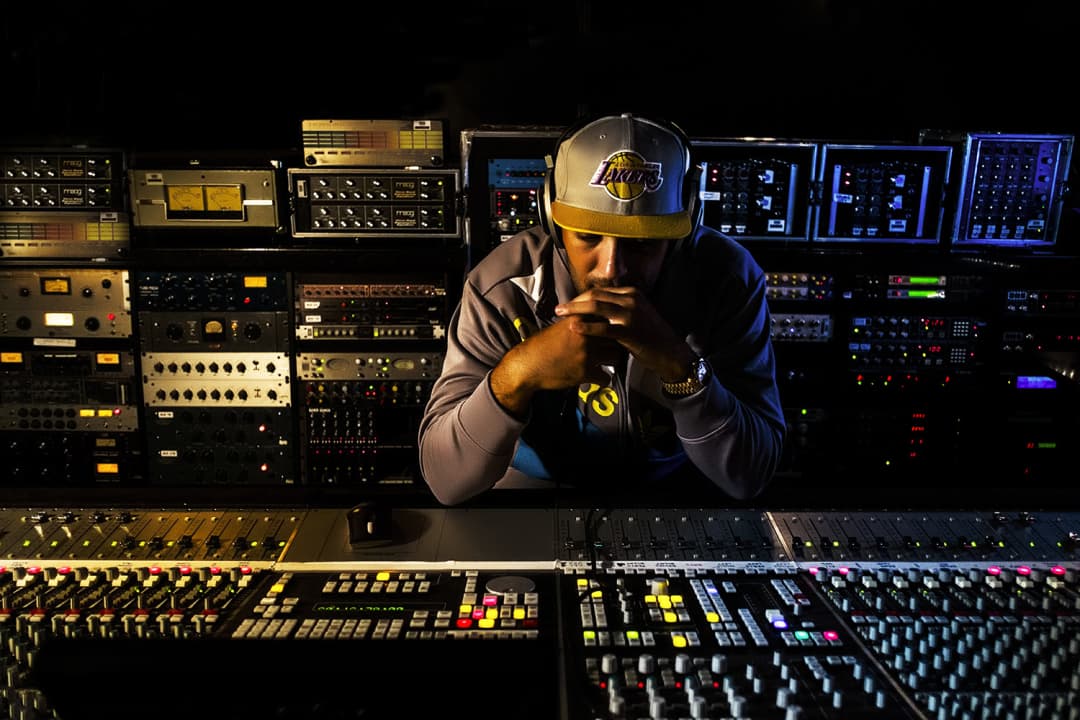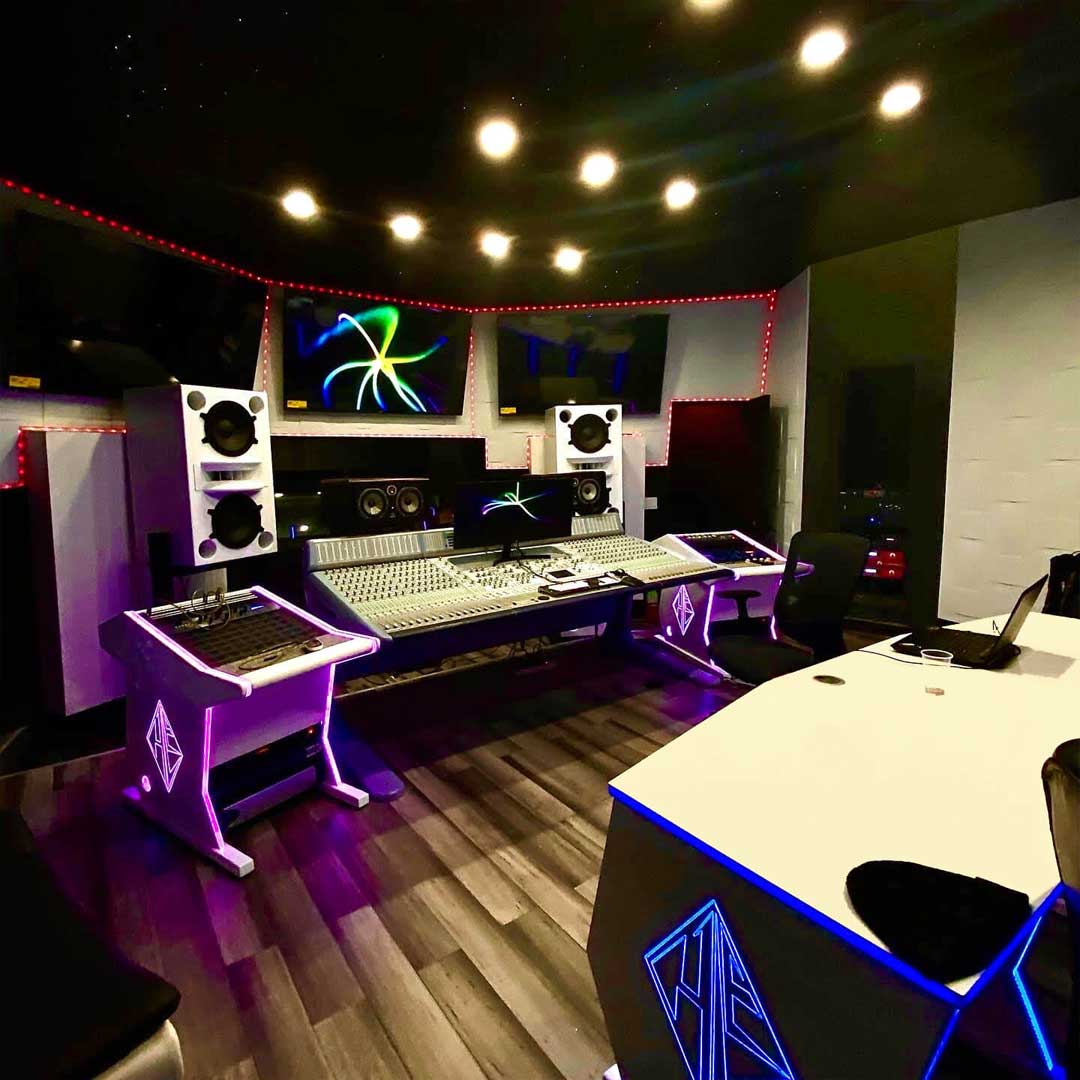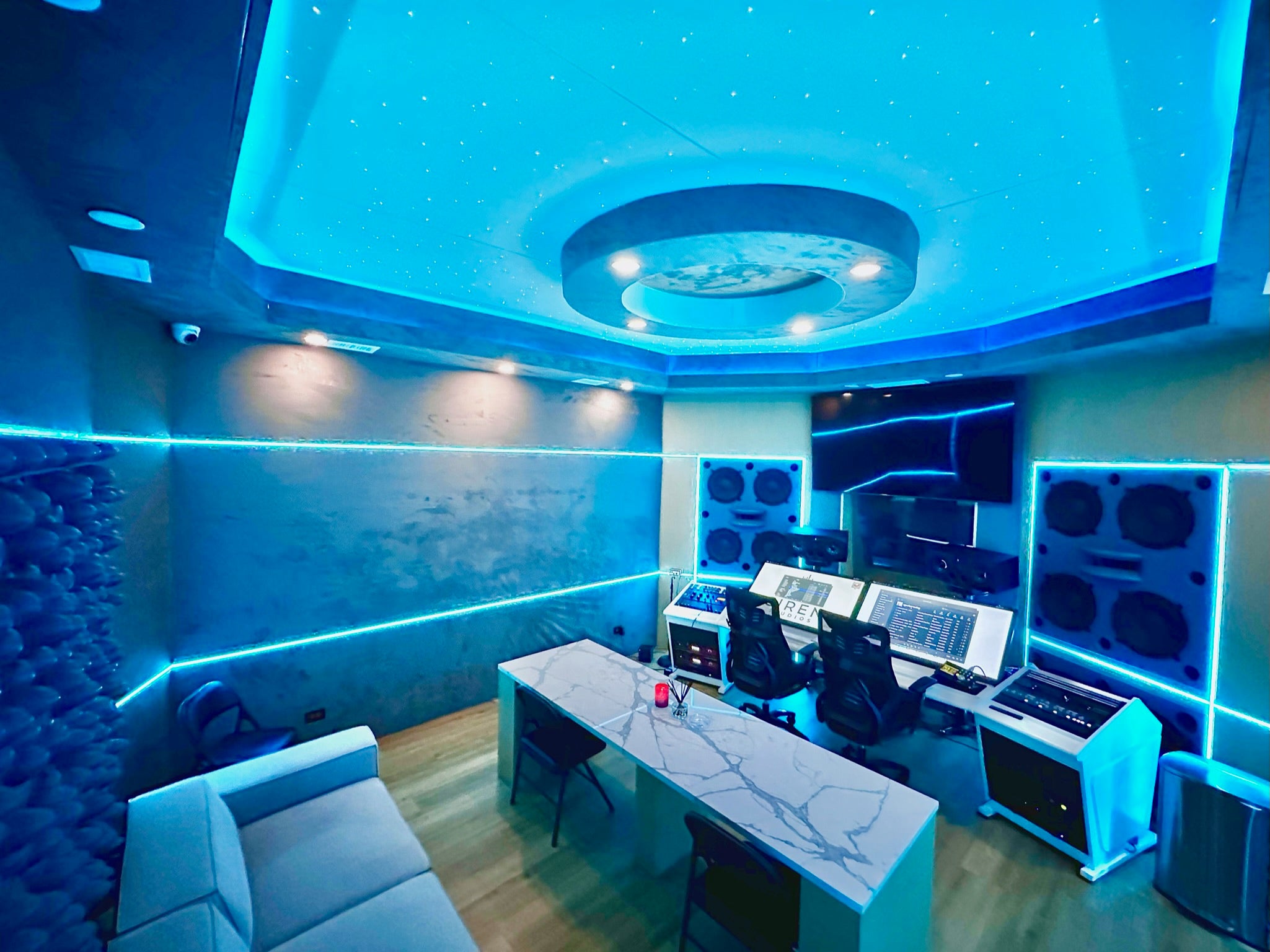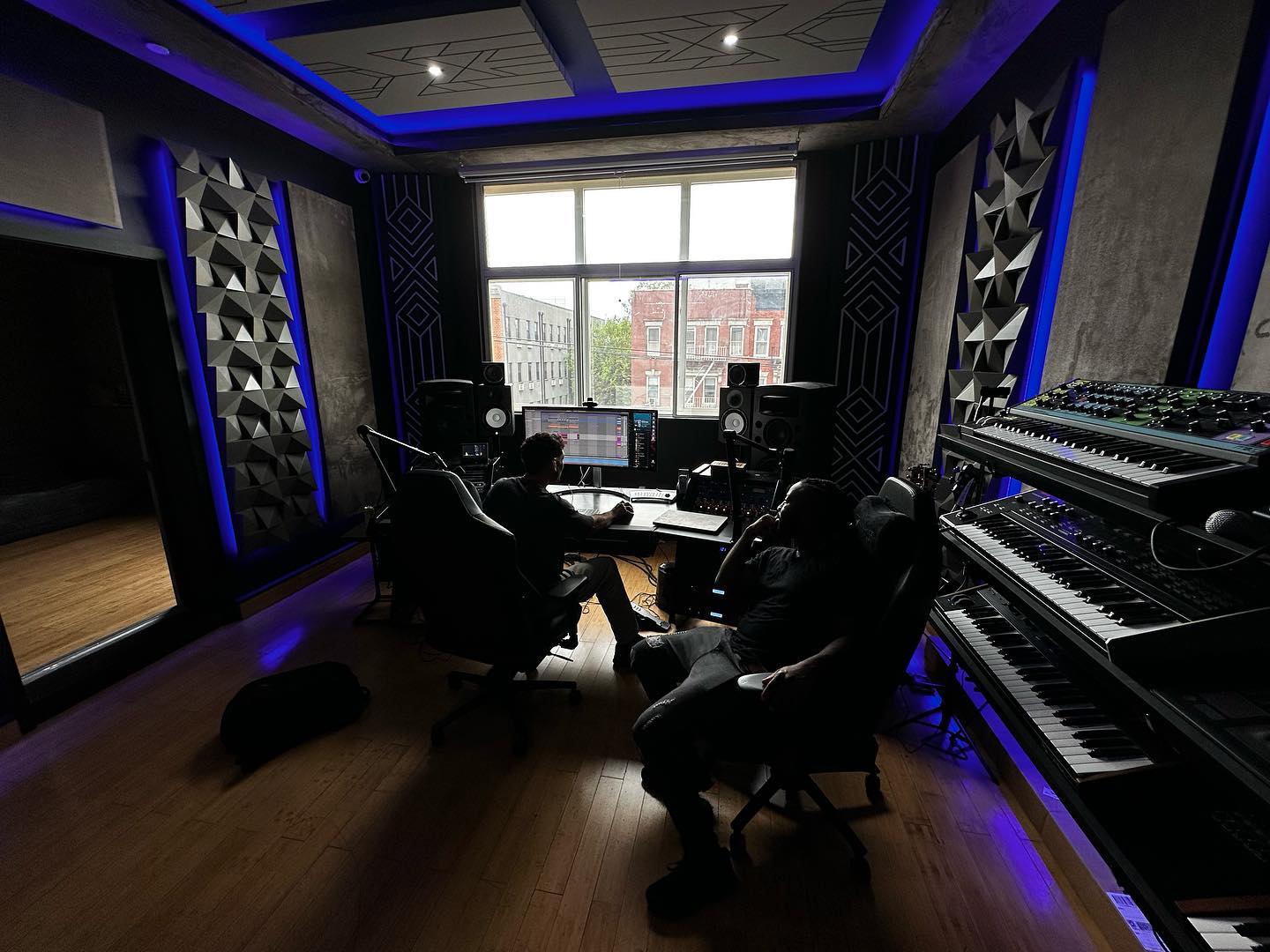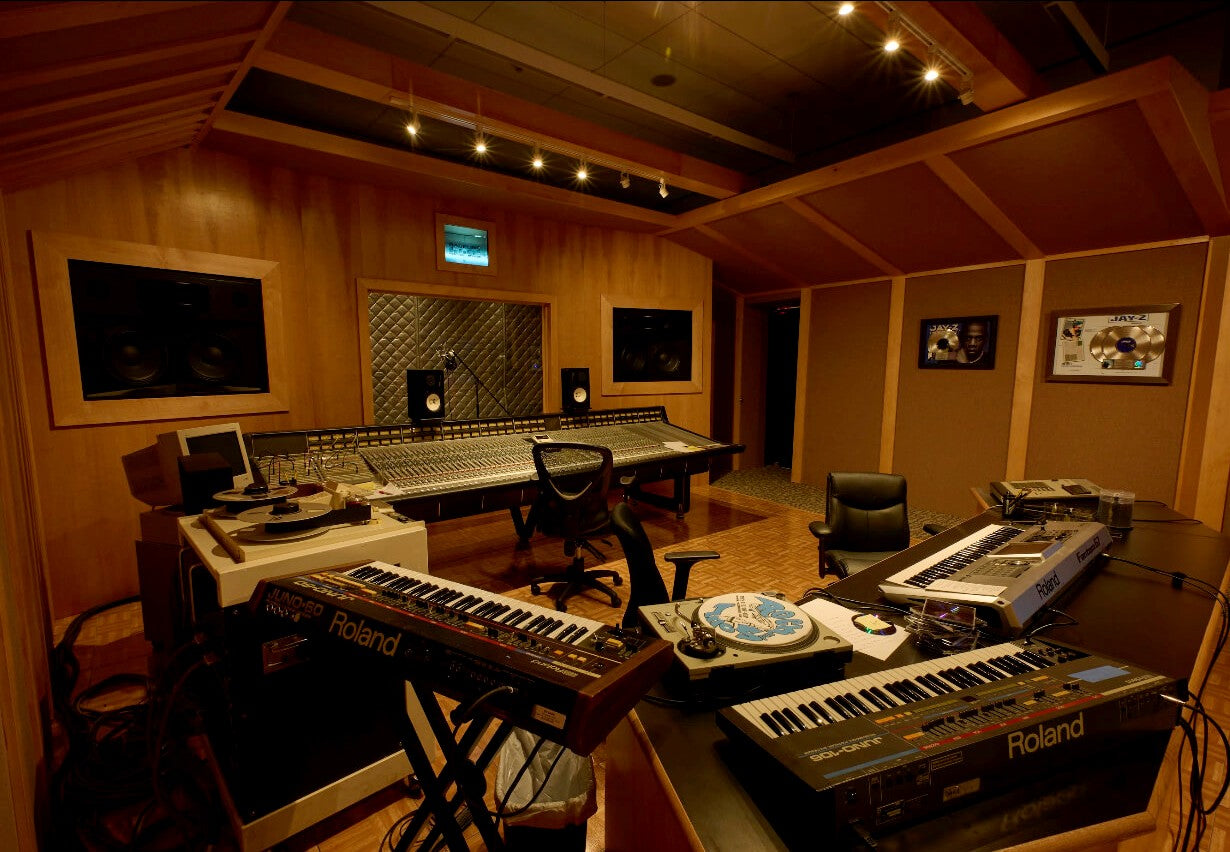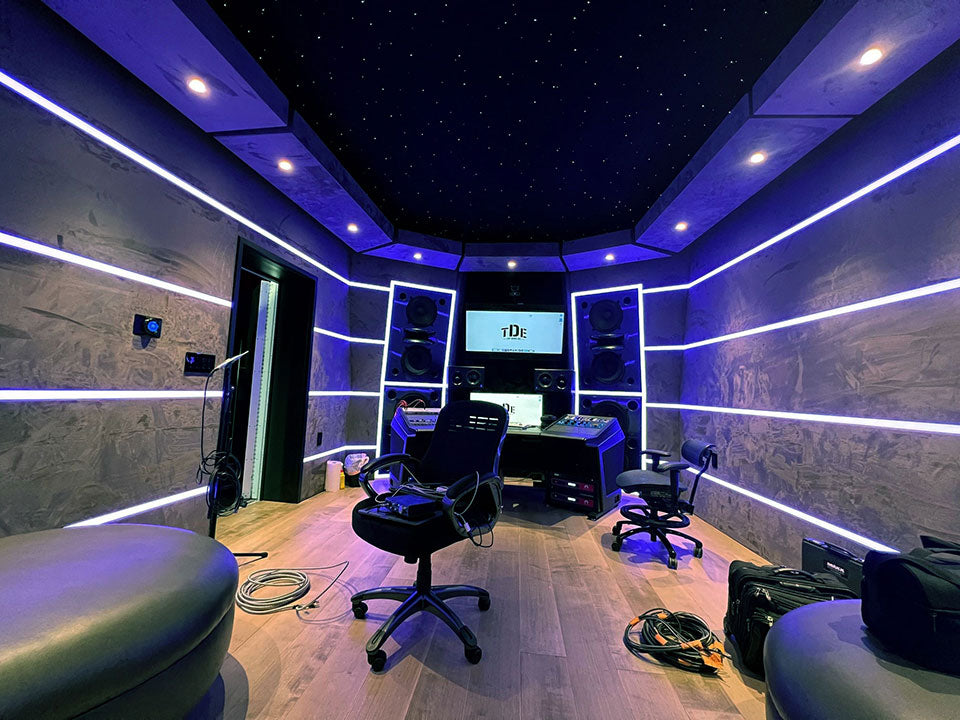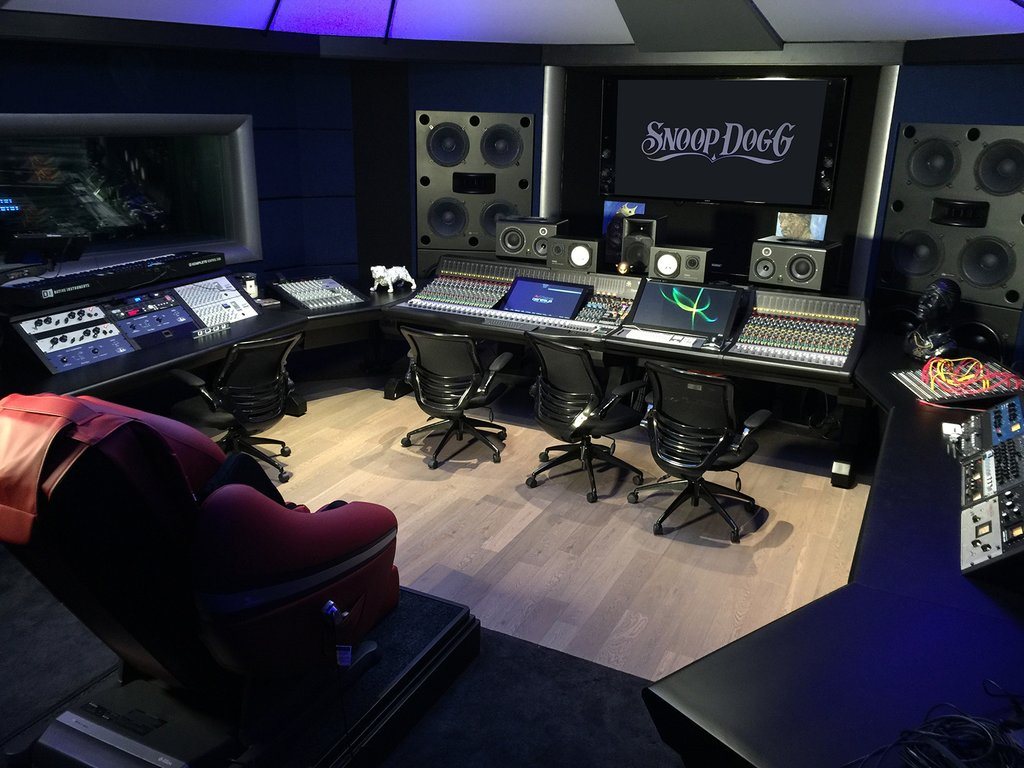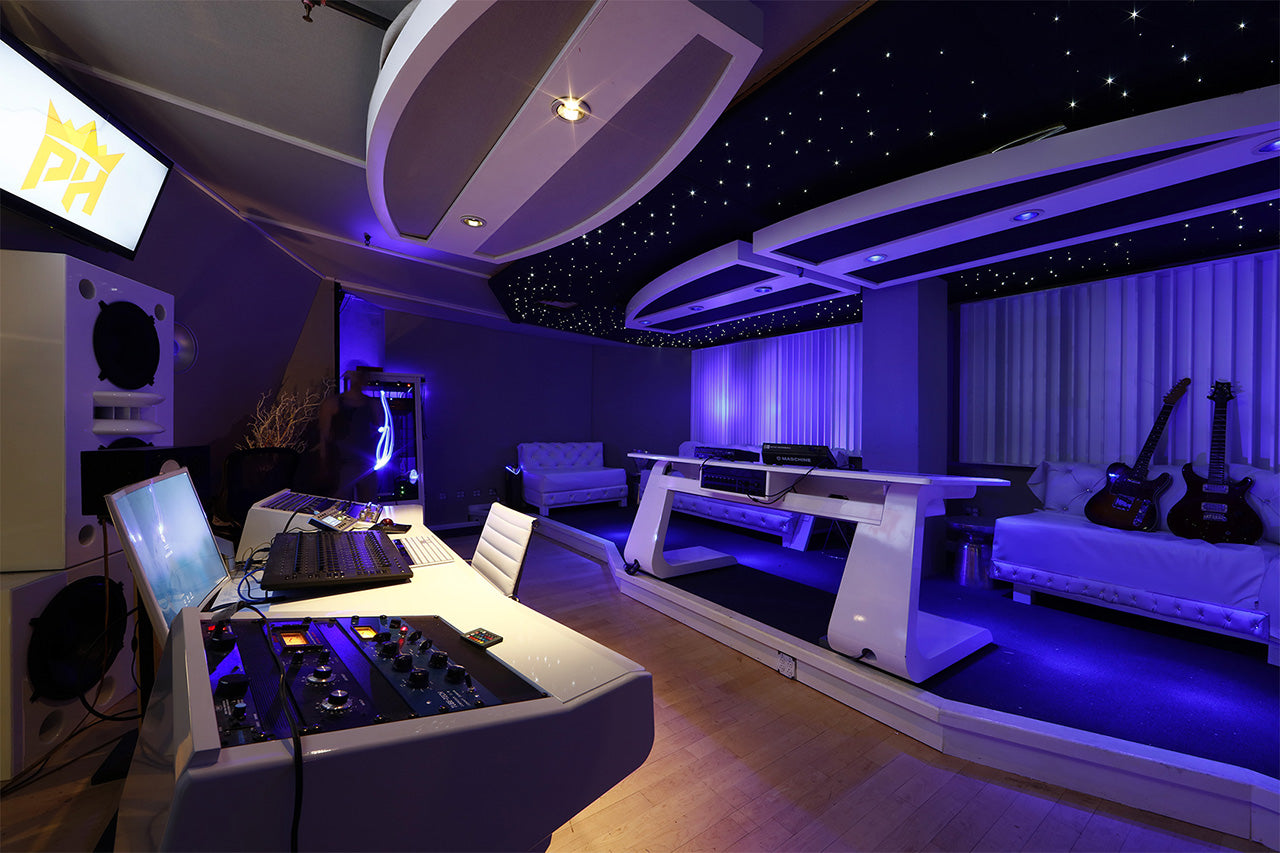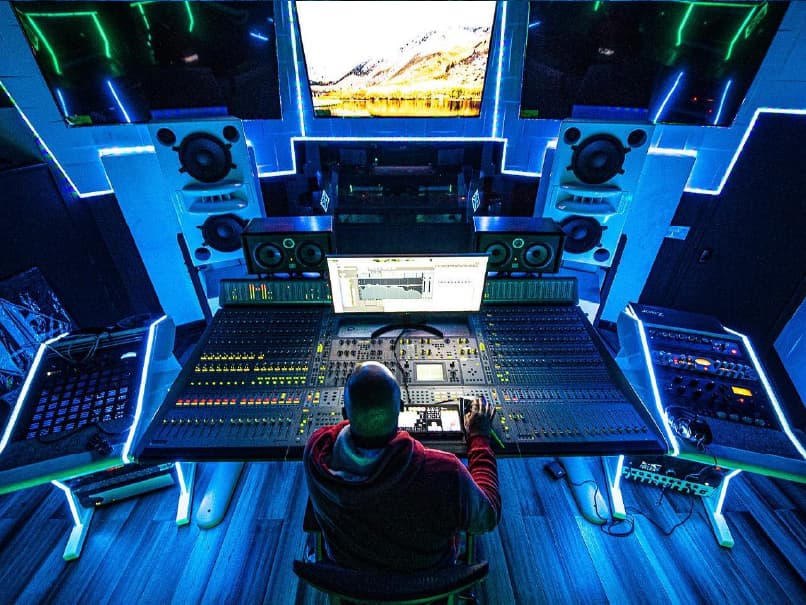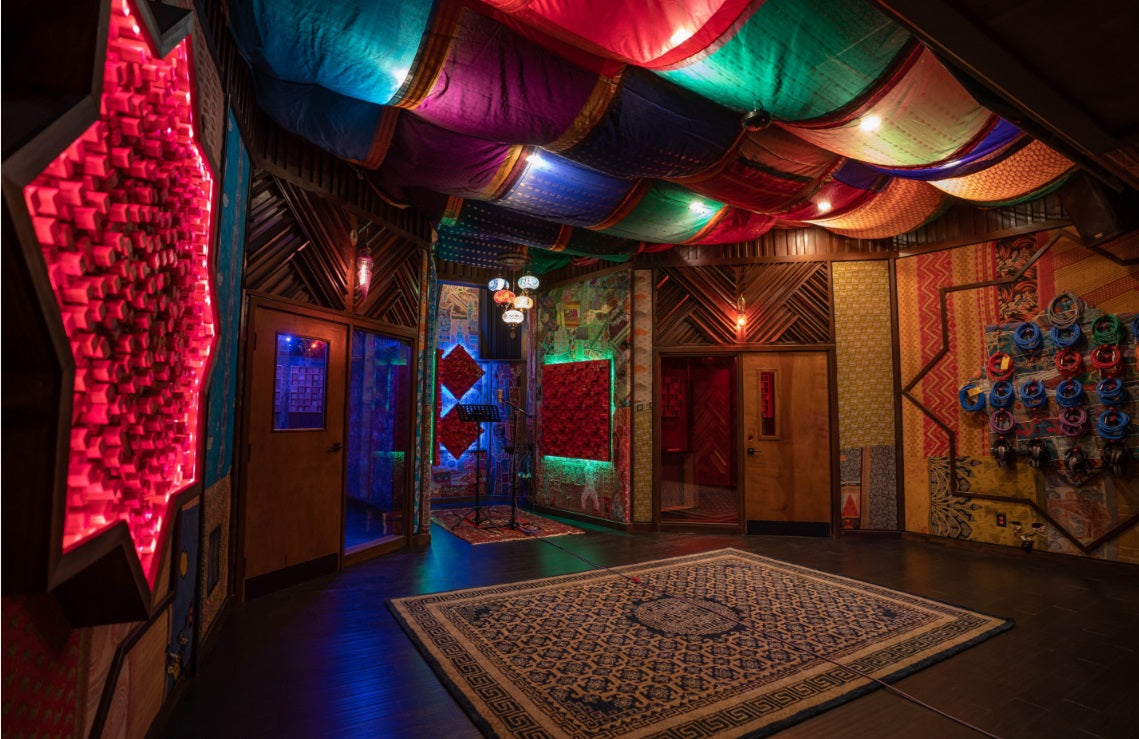RME's ADI-8 QS is an 8-Channel hi-end AD/DA converter with an unrivalled bunch of features. The device combines excellent analog circuit design with outstanding low latency AD/DA converter chips of the latest generation. Along with the integrated SteadyClock, the QS offers an AD- and DA-conversion of the highest quality.
Analog and digital limiters, 4 hardware reference levels up to +24 dBu, AES/EBU and ADAT I/O (optional MADI I/O) at up to 192 kHz, remote control via MIDI, digital input and output trimming for full level calibration, volume control for all 8 analog outputs, either separately or globally, digital thru-mode, operation over a wide voltage range and many more features make the QS truely unique.
The ADI-8 QS is RME's reference - highest performance in every detail, at an unbeaten price/performance ratio!
Highlights
- 8-Channel AD converter, fully symmetrical design, 117 dBA
- 8-Channel DA converter, DC-coupled signal path, double balanced output, 120 dBA
- Low latency conversion: only 8 samples of delay!
- 4 x AES/EBU I/O via D-Sub, 8 channels @ 192 kHz
- 2 x ADAT I/O, 8 channels @ 96 kHz
- Digital input/output trim, range 6 dB per I/O
- Analog and digital limiter for AD-conversion
- 16 LED level meters with 7 LEDs each
- SyncCheck, unique technology to check clock synchronization
- All settings are stored permanently
- Fully remote controllable
Features
The 1 U height device offers an outstanding AD/DA conversion from/to AES/EBU and ADAT (MADI optional), at up to 192 kHz. The balanced inputs and outputs use RMEs circuit design, therefore guarantee outstanding noise and distortion values. Four different input and output levels each are available, offering a perfect adaptation to the analog domain. The latest generation AD/DA converters provide sample rates up to 192 kHz with a SNR of 120 dBA.
Due to its efficient jitter reduction, SteadyClock(TM) guarantees pristine sound quality independently from the quality of the external clock signal. Additionally Intelligent Clock Control (ICC) will retain the last valid sample frequency in case of a loss of the input signal.
The technologies known from other RME products like SyncCheck ® ensure perfect synchronization and clear detection of errors. Multiple units can be stacked and operated sample-aligned, using word clock. All settings are stored when the unit is switched off.
The QS can be fully remote controlled and configured via MIDI, and all status displays can be queried through MIDI. Each QS can be given a separate ID, allowing separate remote controllability of various devices with only one MIDI channel.






